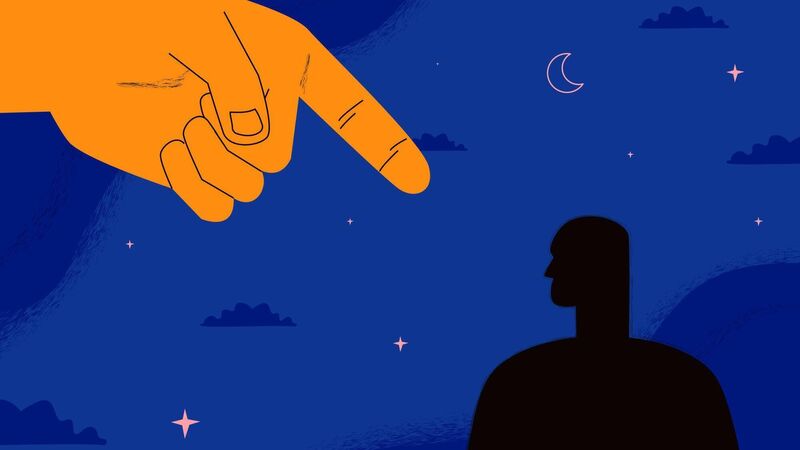Richard Hogan: Narcissistic parent? Here's how you can cope in adulthood

Pic: iStock
In Greek mythology, Narcissus was a hunter from Thespiae, renowned for his beauty.
The Roman poet Ovid recounts the most famous story of poor young Narcissus’ plight: how he rejected the romantic advances of all suitors only to fall in love with his own reflection in a pool of water.











